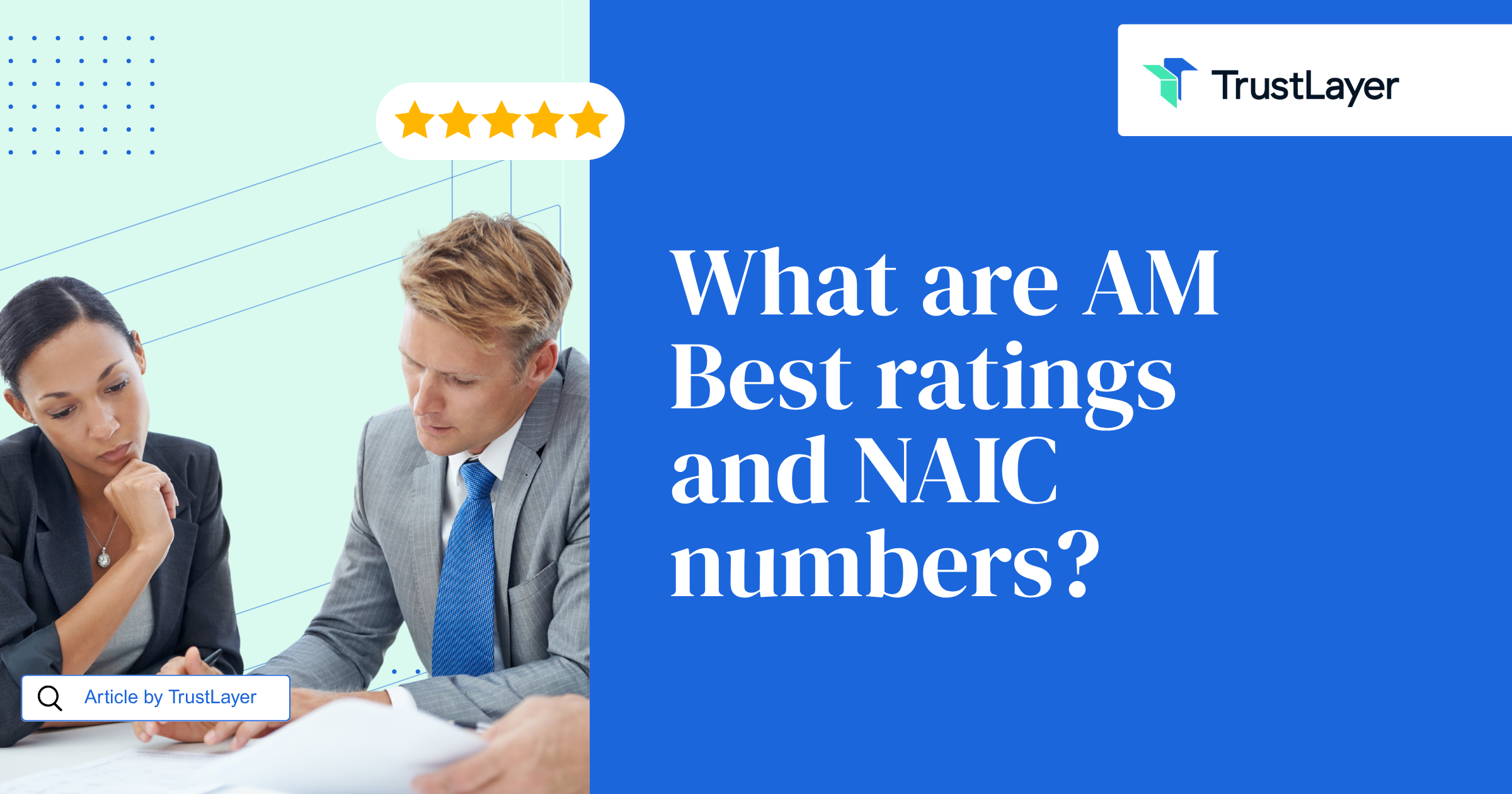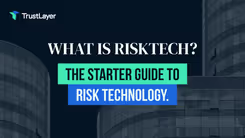Managing Your Risk Portfolio with Seth Hausman

In the first episode of Risk Management: Brick by Brick, Jason Reichl is joined by Seth Hausman, the Managing Director of Kraus-Anderson Risk Innovation. Seth stops by to discuss the links between the construction industry, the insurance industry, and the emerging technology used in risk management.
Technology’s Influence on Legacy Systems
The construction business is a legacy industry that has established solid approaches to risk management throughout the years. However, technology is becoming more and more of a factor as companies reconstruct legacy systems.
Seth highlights how the companies have interacted in the past and how they are adapting to changing technologies. "It won't eliminate your process. It won't solve your problem. The technology is there as support for an existing process, and even in the case of TrustLayer, the technology is fantastic, but without a robust process, technology doesn't do anything.”

Explaining why some companies are reluctant to adopt new tools, Jason mentions that “sometimes the technology itself exposes things that you don't even know are happening, and you don't like that exposure. Thus, you have a bad opinion about the software. I found lots of organizations who would rather be less informed."
"Many of my midsize contractors don't fully understand what's in their own contract," replied Hausman. "So step number one, and that's even before you touch the technology, is what's in your contract that you're asking."
"I don't expect them to understand the nuances of the differences between different versions of an ISO additional insured endorsement, for example. I wouldn't expect them to. That's the role that we're playing there and helping them with that process and understanding those components."
Mitigating Risk With the Help of Technology
At the end of the day, technology can help support the risk management process, but there's always going to be a need for experienced professionals who understand how to identify and mitigate risk. "There's this large gap still to be filled. Even though this industry is very old and these practices have matured over time, there's still a lot to be said about how technology can sometimes make things appear like you are covered," Reichl said. "How good is QuickBooks without an accountant that understands accrual practices? We accept that in certain areas and certain technologies, but we don't in other areas."
Hausman believes that Insuretech has a bright future in the construction industry. "We're seeing it in the auto industry. We're all driving around vehicles that are effectively computers on wheels. So the amount of technology that's built into the vehicle that helps the insurance industry is massive and untapped," he said.
The episode wraps up with some great advice for construction professionals looking to stay ahead of the curve in risk management. "The word I use a lot with people we hire today is curiosity, and it can be curiosity in a whole bunch of different areas," Hausman said. "The more curious you are, the more curiosity you have, the more insightful you'll become, and the more you'll be beneficial and have career opportunities and also personal satisfaction in what you do."
















